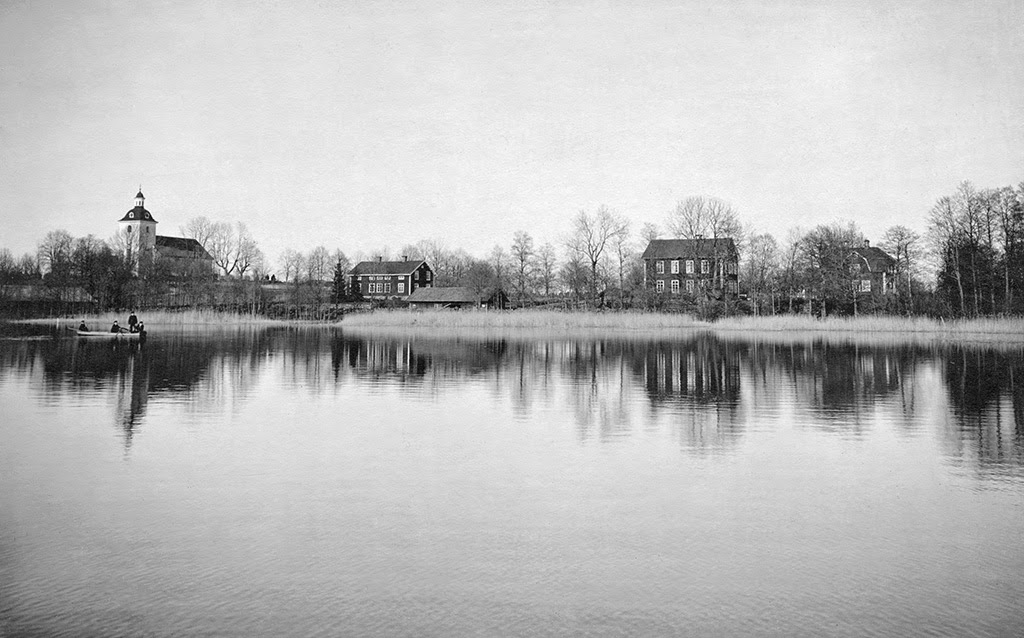
I found my voice as a writer, ironically, by speaking in
other people’s voices, which is to say when I started translating in
earnest. Before about five years ago,
I’d dabbled in translation. In college,
I once got out of taking a final exam in an Italian class by turning in a
translation of the brief memoir “Winter in Abruzzo” by Natalia Ginzburg, and
later it was the first translation I ever published. Still in college, I started translating
Camus’s The Stranger to teach myself
French. Living in Japan years later, I
collaborated with my friend Mark Caprio to translate the Japanese novel A Heart of Winter by Miura Ayako, which
we did manage to finish and publish, and also some contemporary Japanese
Buddhist poetry. I should have given in
to my fate long ago, but I spent many years writing short stories, personal
essays, even a travel column for a while, before I committed to translation
wholeheartedly.
What brought me back?
Catalan. After learning French,
Italian, and even Japanese, I finally took an intensive year-long class in the
language of my ancestors. Most of the
six million speakers of Catalan now live on the Mediterranean coast of Spain in
Catalonia and Valencia. My mother’s
family spoke it on the tiny island of Minorca in the Balearic Island group
before immigrating to Florida; my grandmother was the last one in the family to
understand it.
The music of Catalan grabbed me and wouldn’t let go. It sounded like no other Romance language I’d
studied. I got hooked on the online
Catalan television station TV3, especially a pseudo-documentary comedy show
about the language itself (“Caçadors de paraules”) and an evening soap opera
(“La Riera”). I memorized folk songs
like “Rossinyol,” which had a moment of fame because Joan Baez used to sing it,
and songs by rock bands like Gossos. I
started translating Catalan literature, starting with the medieval mystical
poetry of Ramon Llull. And then came
Ponç Pons.
I found him because he’s the most famous poet from my
family’s island home of Minorca. I
translated a dozen poems I found on the internet and mailed them to the only
address I could find, the high school where he teaches. He replied within a few days by email with
total delight, thanks, and generosity.
We struck up a correspondence and exchanged many emails, letters, and
packages; he sent Catalan children’s books to my kids, and I sent him
compilation CDs of the 1970s American rock that he loves. When I got a chance to go to Spain a couple
of years ago, we met for the first time, and he loaned me his beach cottage in
a tiny town on the north coast of the island.
Sitting on the porch of Ponç’s cottage, I translated my
first Catalan poetry by women: Maria
Antònia Salvà, Clementina Ardieru, and Rosa Leveroni. They led me to Maria-Mercè Marçal, who
rediscovered and championed and republished all three of them as her poetic
godmothers. Marçal led me to the most
intense joy I’ve experienced as a writer.
I simply feel that she is my spiritual sister. We were born two years apart, we were in college
at the same time, we read the same books, we marched in demonstrations for the
same causes, we loved the same way. Her
voice speaks to my heart, and my strong hope is to speak her voice in English
to people who will never understand it in Catalan. I’m aware (believe me!) that this is
impossible, but it doesn’t stop me from trying to sing her astonishing songs to
those who have ears to hear them.
_______________________________________________________________
Clyde Moneyhun's writing appeared in Issue 55 of Hayden's Ferry Review. He teaches writing and translation at Boise
State University in Idaho. His
translations of 20th century and contemporary Catalan poetry have
appeared in the Notre Dame Review, Inventory: The Princeton Journal of
Translation, Lyrikline, Eleven Eleven, and The Winter Anthology. His
most recent project is a collaboration with the photographer Maria V. Garth
(see mmmintranslation.com). He is the
recipient of a Faculty International Development Award (2013) and a Visiting
Professorship (2015), both at the University of Alicante in Spain, and an Arts
and Humanities Institute Research Professorship (2013) for work on translations
of the Minorcan poet Ponç Pons.


No comments:
Post a Comment